04 Sep Damiana: an ancient love potion
Can this really be true, am I going to be filled with an insatiable lust, my groins yearning for action and my mind cool and serene as soon as this drink hits my lips?
Well, there is certainly some evidence to support this.
What is Damiana
Damiana is a small shrub with pale green, wedge-shaped leaves and a bloom of aromatic yellow flowers that thrives across Africa and the Southwest of the United States but it is surely most cherished by the South Americans and Mexico.
Scientific Names: Turnera diffusa, T. aphrodisiaca, T. microphylla
Interested in trying it for yourself? Try our damiana tea and let us know what you think! Maybe even blend it together with our lemon balm tea for an extra push!
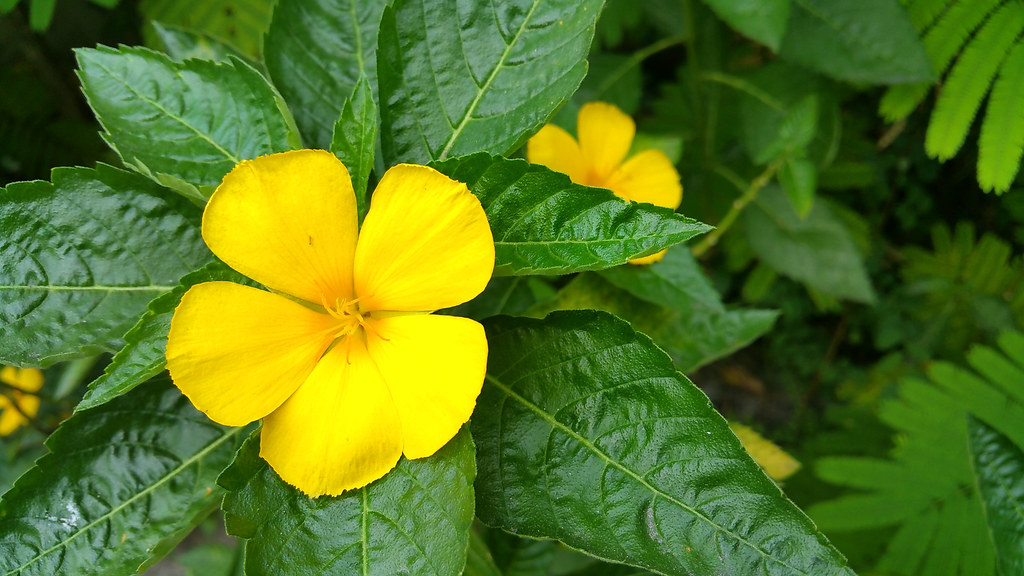
Uses of Damiana in Herbalism
1. Aphrodisiac
The Mayas (300-900BC) and Aztecs (1100-1521BC) used damiana as an aphrodisiac, relaxant and also as a general tonic to improve health. Father Juan Maria de Salvatierra, a Spanish missionary, first reported that the Mexicans made a drink from the damiana leaves, added sugar and drank it for its love-enhancing properties and its mild euphoric effect on the mind. In the 1870s, it was imported into the United States and advertised as a powerful aphrodisiac.
It has been reported that for women damiana could contribute to the ability to achieve orgasm, as it stimulates the genital area by enriching the oxygen supply. For men, it could stimulate testosterone levels to fight impotence and prostate problems.
Does it really increase sex drive?
It made its way into the medical literature in 1888 where it debuted in the National Formulary but was later dropped in 1916. It is important to note that it has not been re-instated. There have been studies in rats where evidence has shown an increased sexual activity in either impotent or sexually exhausted male rats and further that the sex drive of both sexes improved when Damiana was introduced into their diet. Whilst there has not been a conclusive study for humans, perhaps it is a matter of time before it returns.
2. Relaxation and headaches
Damiana tea has been made into incense and drunk for its relaxing and calming effects by the Native Central and South Americans for thousands of years but it was only recently rediscovered in the 1960’s when peace and love bought the herb back into popularity with Damiana a hippy favourite. The herbal tea could alleviate headaches by increasing blood flow and oxygen to the brain.
Peppermint tea is another great option for winding down! For headaches specifically have a look at these teas for headache relief!
Is Damiana a “legal Marijuana”?
It is noteworthy today in America, smoking of Damiana is on the increase where medical marijuana has yet to be legalised and some see the herb as a treatment for depression and headaches. Damiana has also been adopted by Wiccans (Pagan Witches) and the herb has been associated with the occult across Europe, due to people reporting a mild “high”. Although this description is disputed by scientists Damiana is still often used to induce a legal herbal “high”.
3. Anxiety, Depression and mood disorders
Damiana is an anti-depressant and is known to strengthen the central nervous system in particular at times of emotional stress. It is thought to assist with people who suffer from Obsessive Compulsive Disorder.
4. Asthma and Bronchitis
It has been used in folk medicine to treat Asthma and Bronchitis, particularly in Indian herbal medicine.
5. Bedwetting
In the Caribbean, the vapour is inhaled to relieve headaches and to control bed wetting.
6. Hormone Balancer
For women the tea has been used to fight infertility and balance hormones. The leaves contain a complex mix of essential oils, flavonoids, resins, tannins, starch, arbutin, barterin and Damianin and has been used to assist coming off birth control, hot flushes and menstrual irregularities.
7. Digestion & Constipation
It is a tonic and a mild laxative, so it helps with constipation and associated stomach issues. This is also why it is often recommended for those looking to achieve weight loss. Damiana contains around 1% complex volatile essential oils (thymol, alpha-copaene, 8cadinene, calamene, 1,8 cineole, alpha pinene, beta pinene, calamenene) and there is still an active debate about what else the herb may contain.
If you are having digestive problems , rose bud tea is another great tea! Recent research suggests that it may stimulate bile production in the liver!
How to Brew Damiana
Take 1 or 2 teaspoons of Damiana and place into our glass infuser
Pour in boiling water (this herb doesn’t mind being heated up)
Leave for 5mins. (The flavour will concentrate over time. Some recommend 15mins. Experiment and have fun)
OPTIONAL: add honey or lemon juice for flavour
Do not use refined sugars or it will damage the components in the tea!
No tea is complete without a teapot! Try our glass teapot – perfect for serving loose leaf tea and is incredibly stylish!
Special Precautions
We wanted to give you visibility of some concerns that exist and remind you to go easy. Binging can affect kidneys and cause vomiting.
Pregnancy and breast-feeding: We don’t have reliable information so best to stay on the safe side.
Diabetes: Damiana may affect blood sugar levels in people with diabetes. Monitor your blood sugar carefully if you have this condition and use damiana.
Surgery: Since damiana may affect glucose levels in the blood, we suggest avoiding at least 2 weeks either side of scheduled surgery.
As always, we are not Doctors. Please ask them for medical advice.
What did we experience?
The main effects of Damiana for us was relaxation and focus. Damiana seems to clear away pent up stress and bring a serene calm to the mind. We could certainly imagine how that might induce an increased appetite for sex. The herb itself is comparable to the cannabis plant and offers an aromatic floral smell that is also present in the tea along with balancing zesty-bitter notes. A delicious and mysterious herbal blend.
What did you think when you tried Damiana? Do you feel like you experienced any effects? Leave us a comment below!





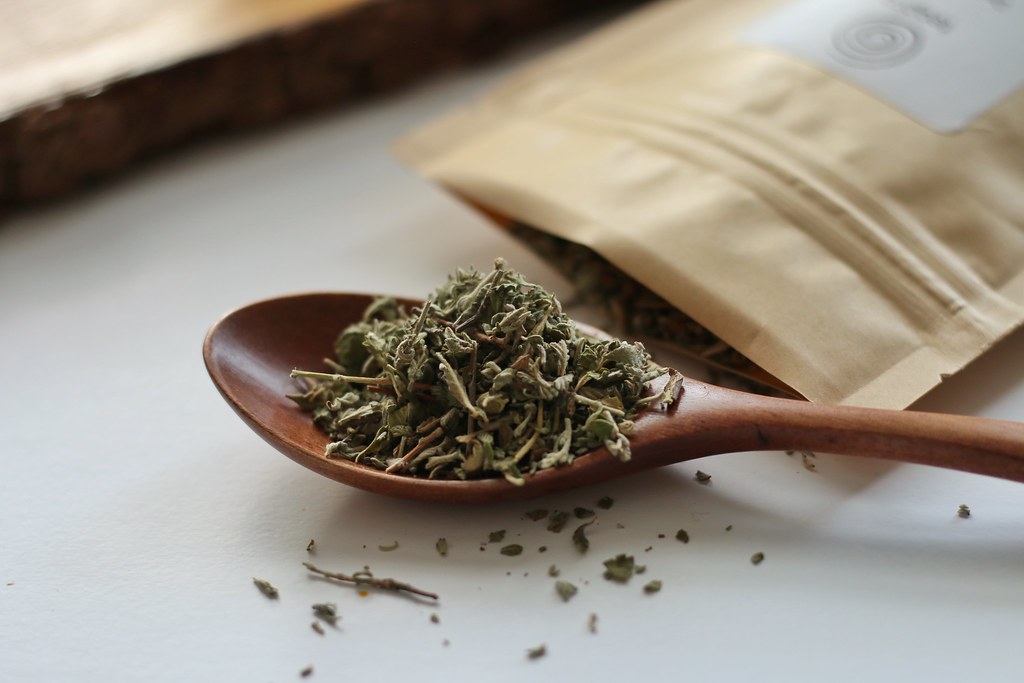

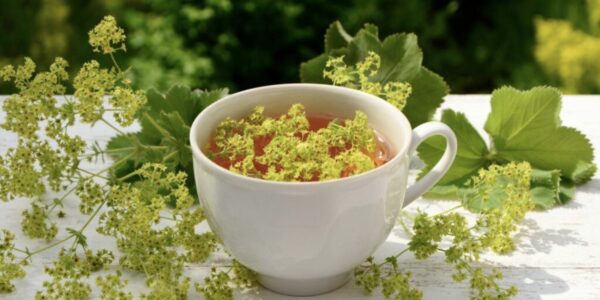
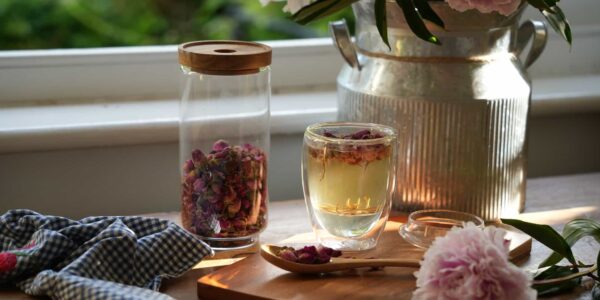
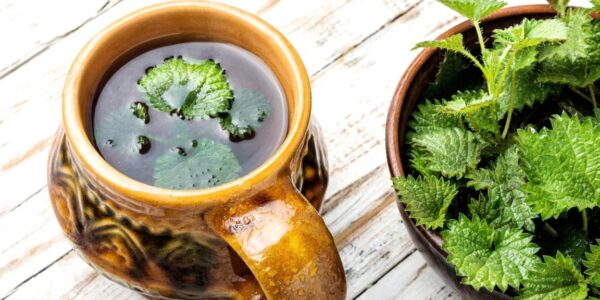
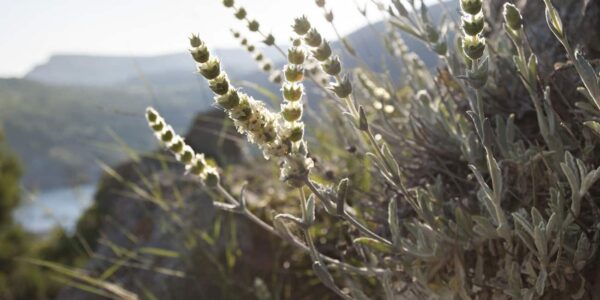
Joe Heaoa
Posted at 05:21h, 14 AprilI have a natural plant growing in my yard, how can I prepare a home made tea, using the flowers and leaves.?
Jacki-Lynn M.Ed
Posted at 09:58h, 29 DecemberA great tea! As someone who falls under many categories to which Damiana Tea is beneficial I am grateful for its existence. I drink before work and before bed. Having a stressful job and life requires relaxation and focus which is definitely a benefit I’ve experienced with this tea.